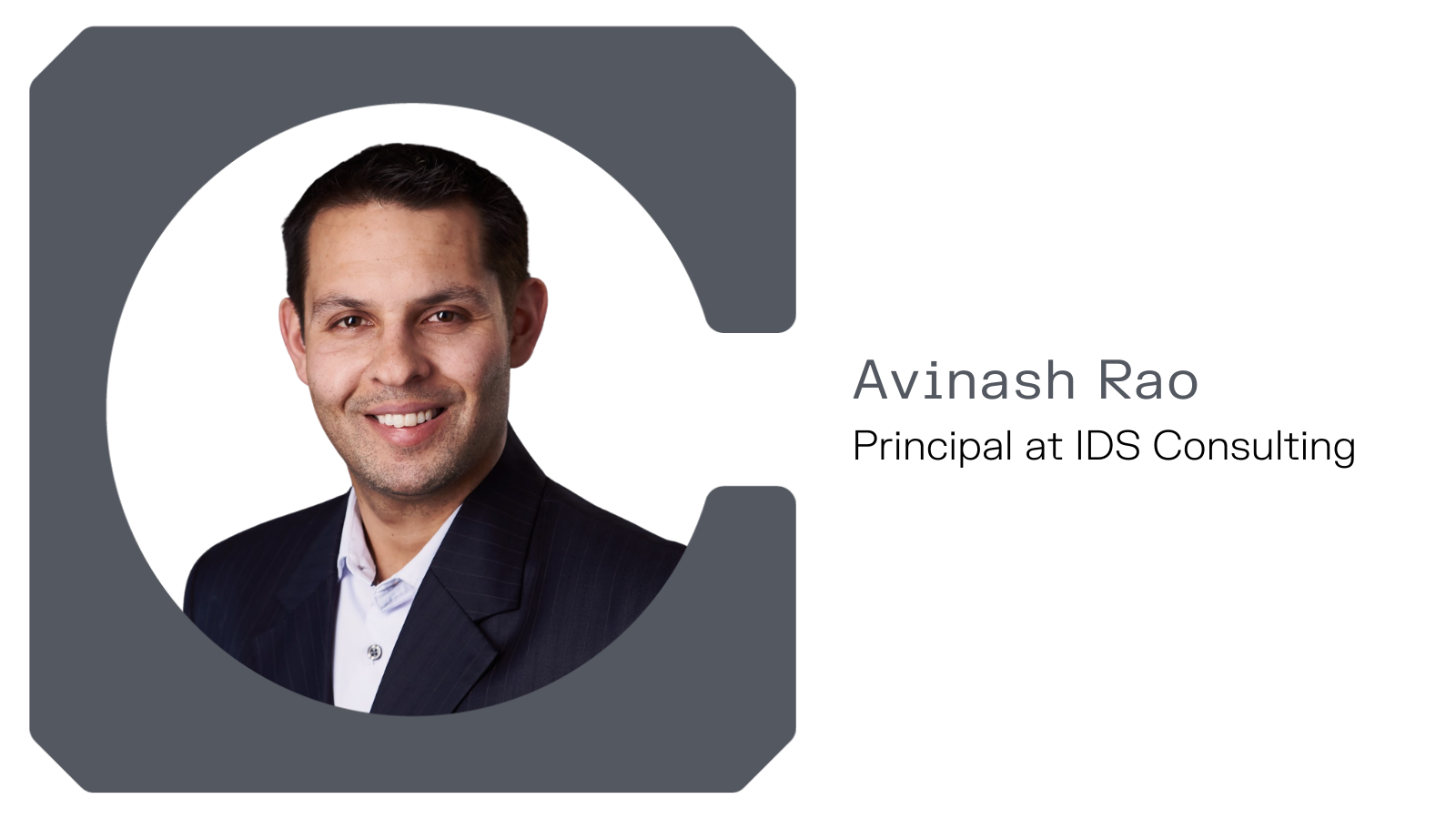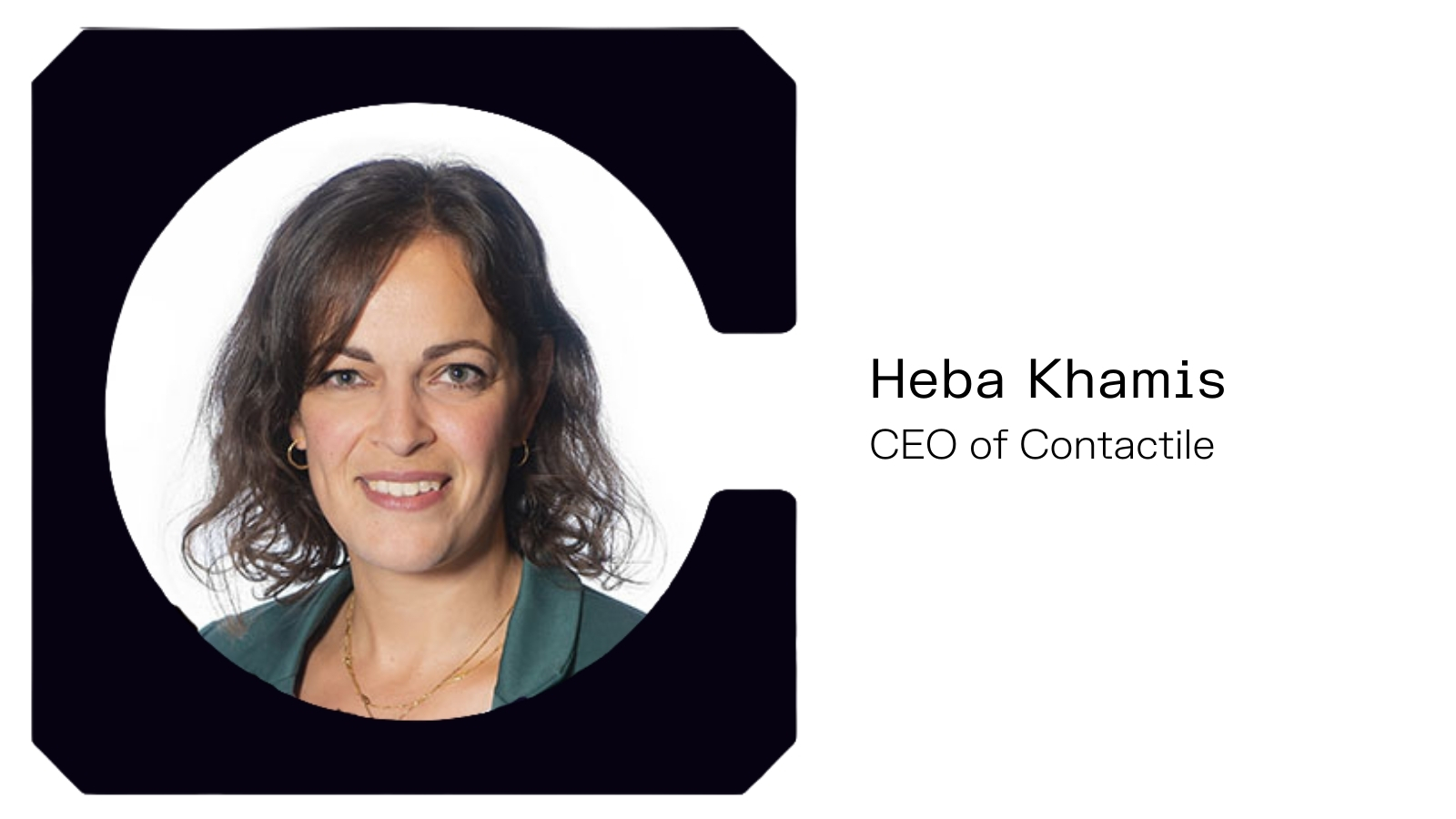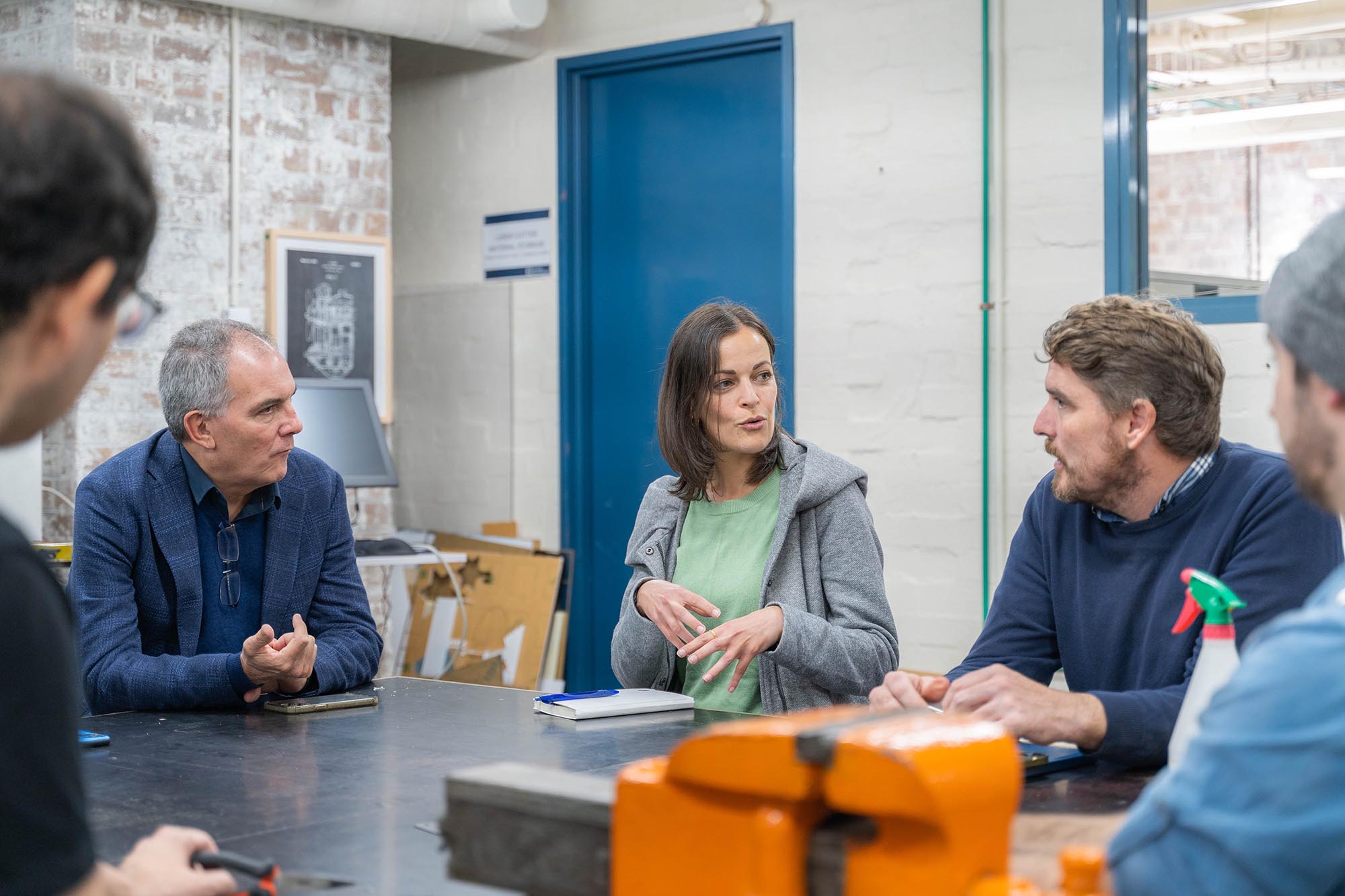Cicada Spotlight: Avinash Rao

We are always delighted to welcome new faces into the community through profiling them in our Cicada Spotlight series. Recently, we sat down with a new member of the Space Hub, Avinash Rao - Principal at IDS Consulting. In our conversation, Avinash shares valuable insights and lessons learned throughout his journey of founding startups that are useful for any budding entrepreneur.
"It’s valuable to foster a culture where team members feel comfortable bringing challenges and failures to light early and maximising time available to find a solution"
You have just landed in Sydney. What are your expectations and goals starting this new adventure?
I want to meet as much of the Sydney and wider Australian space and deep-tech communities as possible, and hopefully make a meaningful contribution in the process. There is a lot going on here and I’m excited to get involved. Let me know what I can do to help!
You have spent most of your career at Rocket Lab leading the GNC Team. What are three lessons learned that you would share with other entrepreneurs?
- Test, test, test. Analysis is great, but very few simulations survive contact with reality, particularly when it comes to the behaviour of hardware. To borrow a term from NASA which served many a launch company well – “Test as You Fly, Fly as You Test, and Demonstrate Margin”. It is a good idea to plan for several design iterations with plenty of testing as early as possible in the development cycle.
- Every company is a software company, even deep-tech start-ups. In the space sector, clear record-keeping and traceability are important to many customers, especially government. Every deep tech company should think carefully about how they manage their information, even though it can be a dry topic. Putting appropriate tools & systems in place early can help avoid large downstream costs, but it’s important to maintain flexibility, especially early in the start-up journey. So, I find it valuable to plan ahead without going overboard on implementation too early.
- The best news is bad news, delivered early* – In some ways, it's another take on ‘fail fast’. It’s valuable to foster a culture where team members feel comfortable bringing challenges and failures to light early and maximising time available to find a solution. This is especially important with supply chains in their current state.
*I did not come up with this, but I like it!
If you had to highlight two of the biggest challenges you have had to face as an entrepreneur. Which ones would they be?
- The balance between working on and communicating about the company. Being an engineer, it’s all too easy to focus on the tech and forget that someone actually has to buy it one day! Finding the right balance with only 24 hours in a day has been a big challenge at times – especially reconciling a blue-sky long-term vision with often chaotic day-to-day incremental progress.
- Making tough calls and knowing when to let go. Prior to coming to Australia, I co-founded a rocket propulsion start-up in New Zealand. We closed our seed round in February 2020. After two years of hard labour, my vision for the company had diverged considerably from that of my co-founder, and we realized the only solution was for one of us to move on. That realization was hard to stomach and figuring out how to manage the situation fairly for staff, investors and each other, was also incredibly challenging. What doesn’t kill you makes you stronger!
You have broad experience in the aerospace industry, but are there any other sectors you consider exploring or starting working in?
Above all, I enjoy coming up with elegant solutions to difficult problems. The specific domain is less important to me, so I want to apply what skills I have to any interesting problem out there. As far as challenges go, the effects of climate change loom ever larger. I’m hoping an opportunity will present itself to assist with making progress toward technology that meaningfully shifts the dial in this area.
Looking back at your career, what skills do you think you have developed and you consider worth sharing with other entrepreneurs?
- From a technical perspective, I have deep experience in development of complex systems, particularly those involving large amounts of data, complicated interactions between hardware/software/data subsystems, and embedded firmware. I have seen the good, the bad and the ugly and I can help with thinking/decision making or implementation in these areas.
- I was lucky enough to be part of Rocket Lab’s growth story from 5 staff when I started, to almost 500 when I left. I’ve also co-founded my own start-up and completed a variety of consulting projects since. These experiences have given me a broad view of the product development process, start-up journey and the wider industry, which may allow me to offer a unique perspective on your project, be it at a commercial or technical level.
What brought you to decide to join Cicada Innovations and, most specifically, the Space Hub?
I’m a strong believer that simply putting a bunch of clever people in one place can foster great things; plus, after two years of COVID, working from home has lost its lustre for me.
With that in mind, I was looking for an opportunity to connect with the local innovation community and an office space to work out of on my existing commitments back in New Zealand.
To my great delight, I found out about Cicada and the Space Hub through RJ at Leo Labs (thanks RJ!). I’m very grateful to Julie, Britt, Sian and the team for being so welcoming.
What are you currently reading, watching, or listening to that you recommend to the community?
I have just started a book called “Creativity, Inc.: Overcoming the Unseen Forces That Stand in the Way of True Inspiration” which was recommended to me by an ex-colleague from Rocket Lab. It’s written by Ed Catmull, co-founder of Pixar, and outlines some of the lessons Ed learnt about enabling and retaining creativity in a growing company. I haven’t gotten far enough through to recommend it yet, but it has pretty good reviews.


